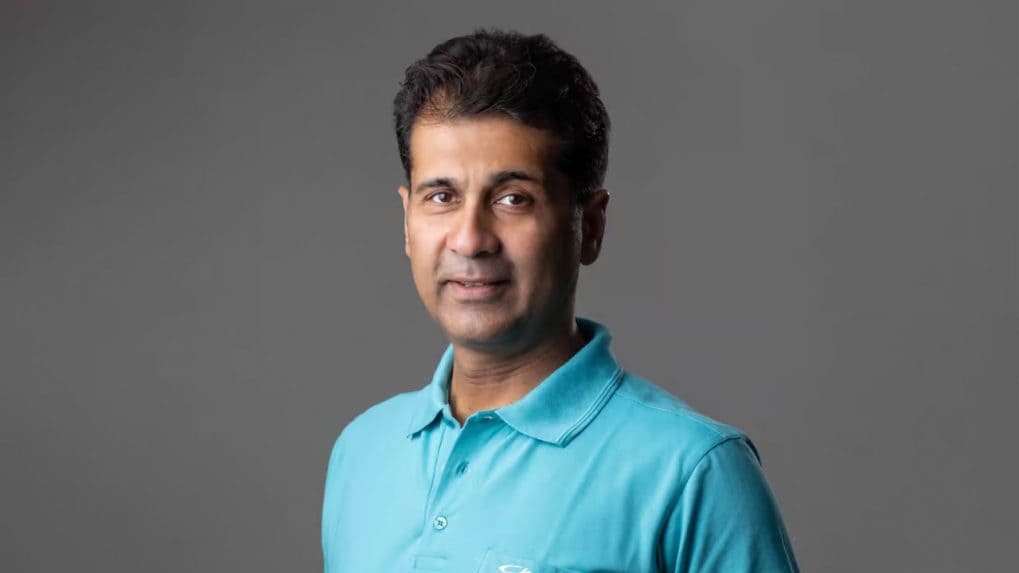‘We won’t lose this share’: Rajiv Bajaj shrugs off Donald Trump's tariff threat
Bajaj Auto’s Rajiv Bajaj downplays the impact of U.S. tariffs, citing minimal exposure to the American market and steady export plans.
ADVERTISEMENT
Bajaj Auto, one of the largest two-wheeler makers, expects minimal fallout from newly announced US tariffs, even as it continues to contend with uncertain supplies of rare earth magnets. “Our exports to the US are small and primarily focused on KTM and Triumph motorbikes, which annually sell 10,000 and 5,000 units respectively,” Rajiv Bajaj, managing director of Bajaj Auto, said in an interview with CNBC-TV18 on Aug. 7. “We won’t lose this share, as the upcoming months are traditionally slow in terms of exports ahead of the winter season.”
The Pune-based company said its limited exposure to the American market leaves it relatively insulated from the trade measures, which have rattled exporters in other sectors. Bajaj Auto plans to recalibrate its shipments for next year while expanding into other markets, including Latin America, Europe and Thailand.
According to Bajaj, exports to South America have rebounded after the pandemic, while Nigeria remains “the single sore point” for motorcycles and Egypt for three-wheeler sales.
On the supply front, he said the availability of rare earth magnets - a critical component for electric vehicles - remains volatile and varies from company to company. Chetak EV sales were dented in the March quarter by high volumes, but the impact eased in the June quarter due to robust inventory levels.
“For the full year, we do not see it having much impact on sales,” Mr. Bajaj said, adding that by October the company expects to “completely normalize the production that was lost in July and August.” He added: “We hope to make and sell more in H2 than what we had anticipated at the start of the year.”
Bajaj Auto is currently sourcing low rare earth (LRE) magnets from China, while also exploring alternative suppliers and developing solutions that do not require rare earth materials.
Read more: People don't buy better. People buy different: Rajiv Bajaj


